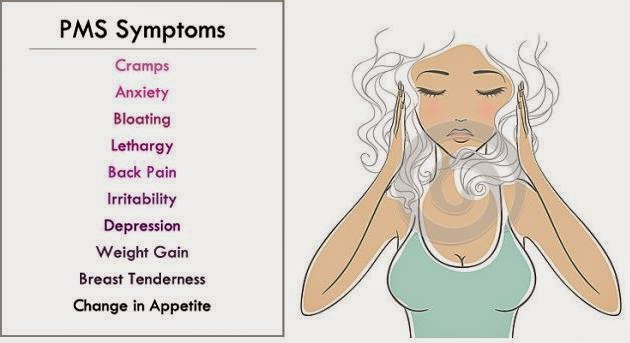Menopause is the time when woman stops having menses due to the non functions of ovaries. Menopause is also known as change in life. Menopause is defined as the absence of menstrual periods for 12 months. It is the time in a woman's life when the function of the ovaries ceases. Menopause is not a disease that has a homoeopathy treatment. Menopause can be divided in to three types.
 |
| MENOPAUSE |
Menopause types
Premature menopause: The average age of US women at the time of menopause is 51 years. The most common age range at which women experience menopause is 48-55 years. If menopause occurs in a woman younger than 40 years, it is considered to be premature. Menopause is considered late if it occurs in a woman older than 55 years. For most women, menopause is a normal occurrence.
Perimenopause: The hormonal changes associated with menopause actually begin prior to the last menstrual period, during a three to five year period called the perimenopause. During this transition, women may begin to experience menopausal symptoms and may lose bone density, even though they are still menstruating.
Surgical menopause: Surgical menopause is menopause induced by the removal of the ovaries. Women who have had surgical menopause often have a sudden and severe onset of the symptoms of menopause.
Causes
Hormonal imbalances due to decreased levels of follicular stimulating hormone and estrogen levels.
Hysterectomy
Chemotherapy and radiotherapy (depending on location and type of cancer)
Symptoms
Hot flashes is a feeling warmth all over the body which is lasting from few seconds to minutes
Night sweats
Palpitations (feeling of strong and increased heart beat)
Loss of sleep
 |
| SYMPTOMS OF MENOPAUSE |
Irregular vaginal bleeding
Vaginal itching and dryness of vagina
Urinary incontinence
Burning urination
Pain during sex
Breast changes (shape in breasts)
Bone loss leading to bone fractures
Increased level of cholesterol
Increased risk of heart diseases
Weight gain
Adult acne
Management
Stop smoking
Have balanced diet with vitamin D and calcium
Open air exercise
Homoeopathy treatment
Belladona
Calcarea carb
Graphites
Lachesis
 |
| HOMOEOPATHY |
Glonoine
Graphites
Ignatia
Lilium trig
Natrum mur
Sanguinaria
Sulphur
Pulsatilla
Sepia


























